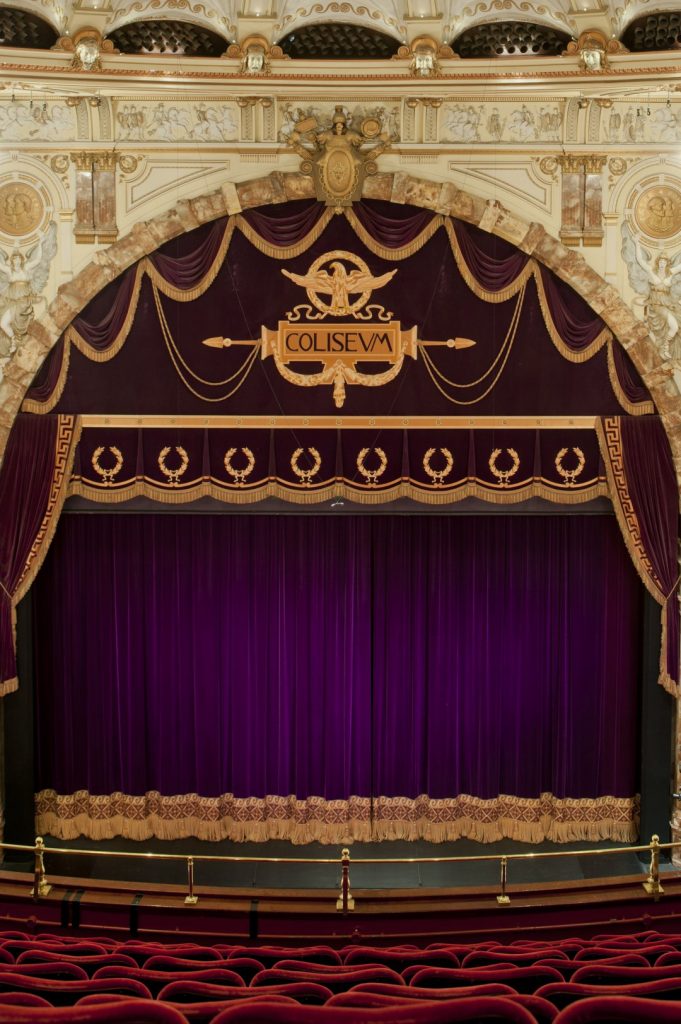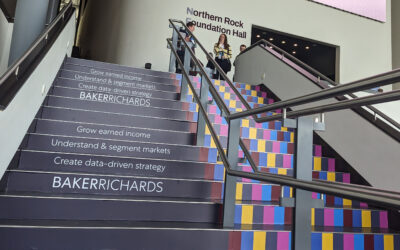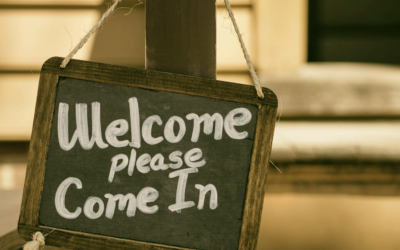Secret Seats – English National Opera
Note: In response to changing audience development priorities, this programme was discontinued by the ENO in 2021 after many successful years of operation.
Many managers express concern about customers waiting until the last minute to purchase discounted tickets. So, how do you respond to bargain hunters, encourage advance booking and make sure you don’t lose income from those willing and able to pay face value prices? The answer is Secret Seats.
Banishing the discounts.
Many venue managers express concern about the public’s appetite for discounted tickets. Even more so the propensity for customers to wait until the last minute to purchase those discounted tickets (often a self-inflicted problem!). So, how do you respond to the appetite for discounting, encourage early booking in advance, and of course, increase ticket yield and hence revenue?
English National Opera at the Coliseum in London with its 2,400 seating capacity had fallen into a pattern of using discounts to encourage late sales.There were the usual issues: available capacity was usually at the beginning of the run; price promotions were needed to fill seats at specific performances and help dress the house appropriately; their Standby Ticket scheme actively discouraged early booking and led to last-minute sales, often without customer data being captured.
Working with Baker Richards, they decided to develop a strategy for their pricing which would accommodate the discount hunters, provided they committed to booking well in advance. The concept of Secret Seats was developed.

At ENO, when the scheme first began customers paid £20 for an unallocated seat, with the guarantee that three days before the performance they would be allocated at least a £25 seat, but could be allocated a better seat for that performance. There is an element of a lottery here, with a randomised selection from the Secret Seats customers to the available seats. This could of course give them a top price seat in the best part of the house.
In practice, the Secret Seats effectively sell out quite quickly. They have proved very good at stimulating demand for performances not selling as well as others, where other pricing mechanisms have not proved as successful. Secret Seats means that the rest of the tickets in the house are kept available at full price to meet demand, while ENO can manage the allocation of secret seats to meet latent demand for low price seats and dress the house for each performance.
The key here is that Secret Seats are not seen as simply a discount, because the price has been reduced in return for the removal of seat choice; what we call a ‘value fence’.
Launched in 2013, Secret Seats has been a success at ENO and started its route away from discounting towards more dynamic pricing. The Secret Seats scheme has been equally successful at attracting new attenders as it has been used by existing ENO audiences. Secret Seats attenders are showing a slightly higher frequency of attendance than other customers and the scheme has generated good publicity.
Secret Seats also addresses the challenge from those who want airline-style pricing, where ticket prices start low well in advance and usually rise nearer the date of travel (though some airlines still discount on late availability). Since the core dedicated arts attenders are the ones likely to book well in advance and pay top prices to get good seats, airline-style pricing is inappropriate, so Secret Seats gives venues the opportunity to promote some tickets at a low price well in advance, with the flexibility to dress the house as appropriate by the date of the performance. This avoids cannibalizing the price insensitive market because there is no encouragement of those wanting to choose their own seats to wait to book.




